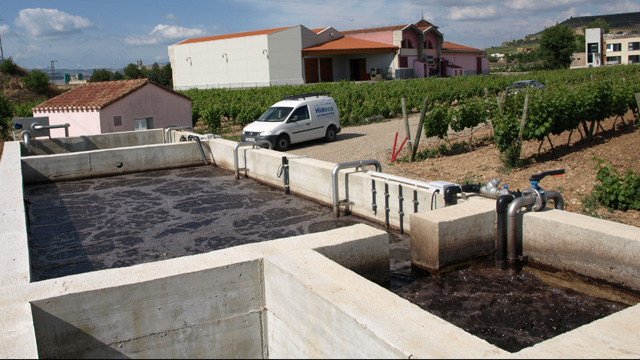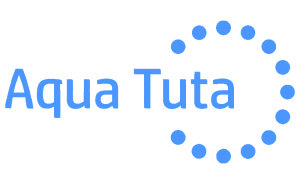Industries
CHEMICAL-FREE AQUA TUTA™ COST-EFFICIENTLY TREATS EFFLUENTS IN THE FOLLOWING INDUSTRIES
[post_grid id='670']
Aquaculture
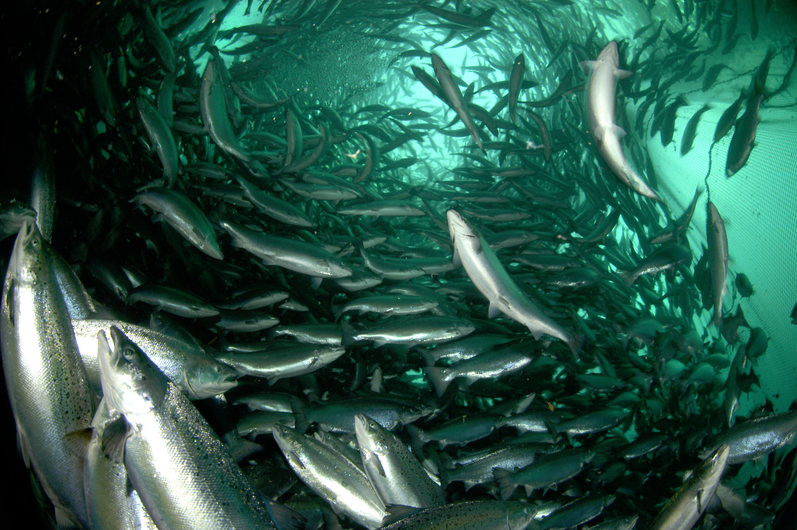
Back to top
Cocoa Mills
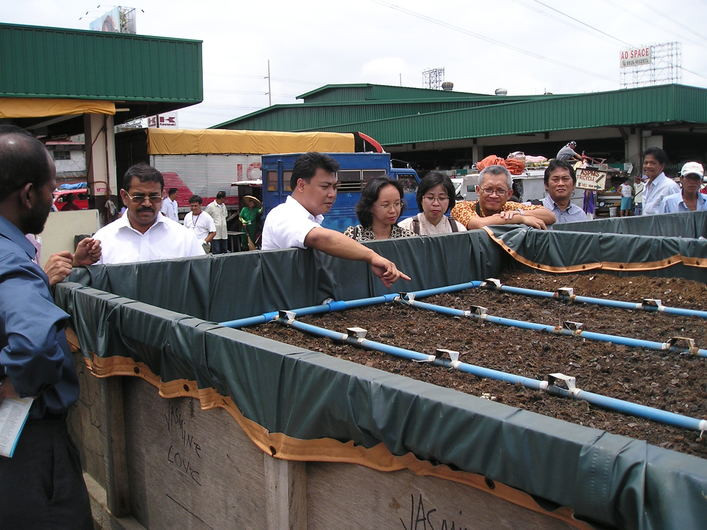
Back to top
Coffee Mills
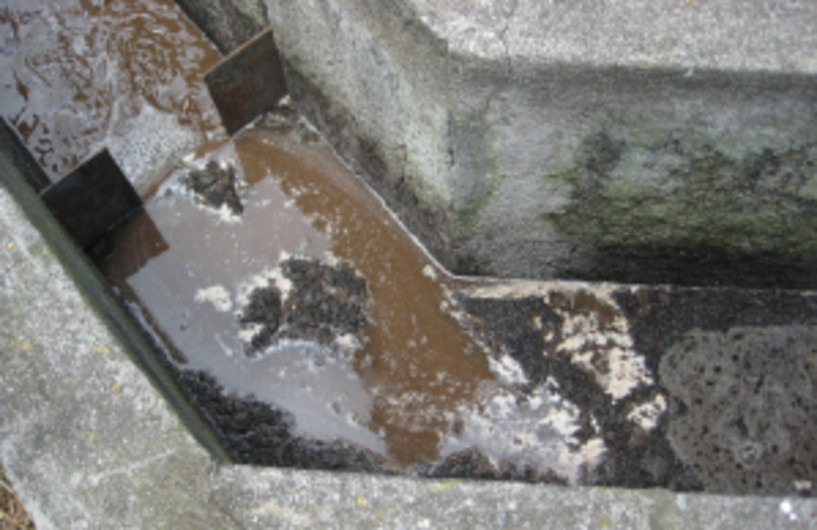
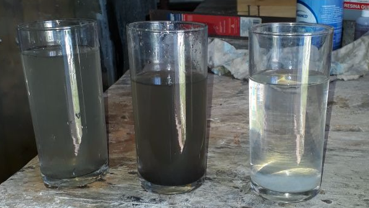
Center: Non-processed coffee effluent.
Right: Coffee effluent processed by AQUA TUTA™.
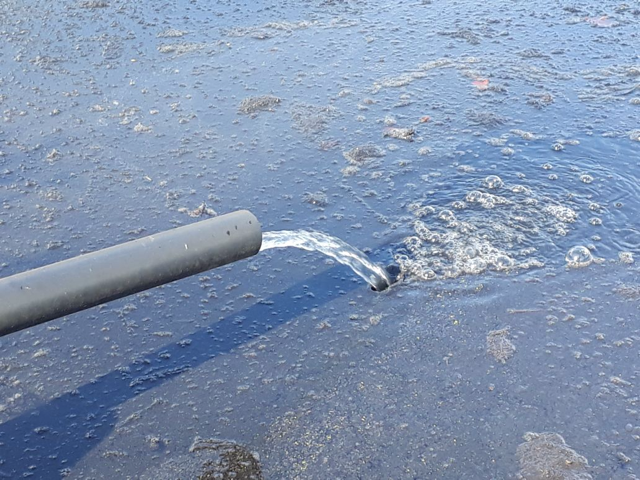
Back to top
Feedlot
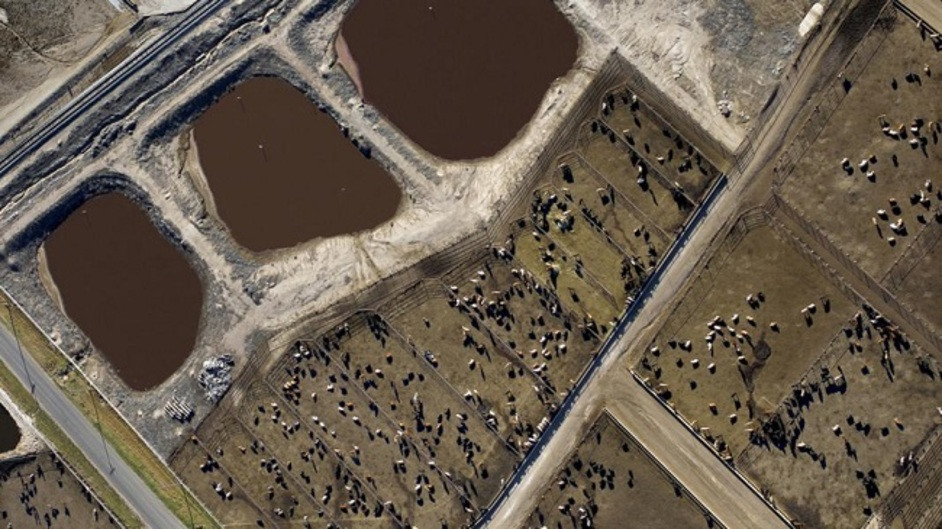
Back to top
Hotels & Resorts
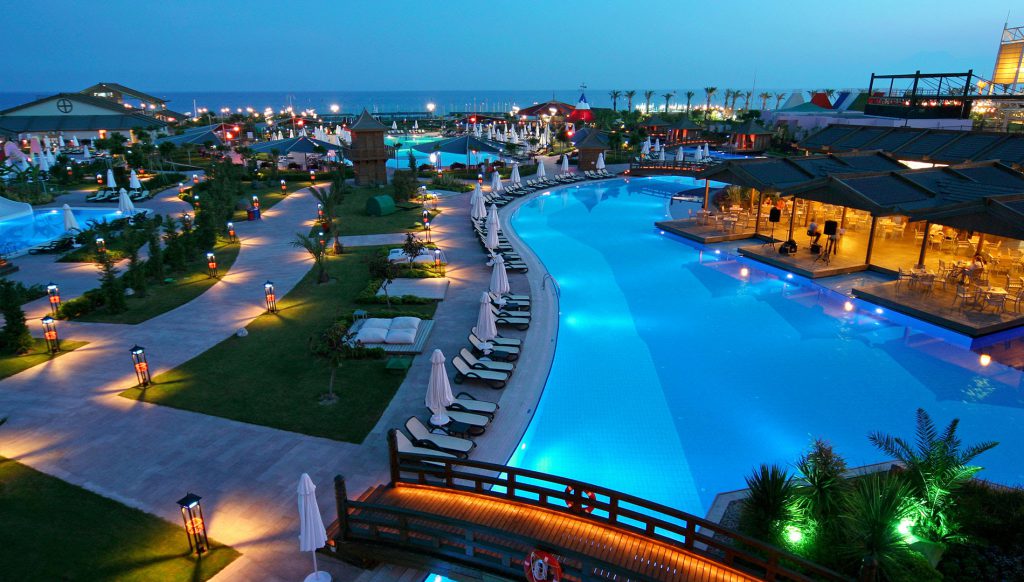
Water scarcity is a recognized global problem, with demand for water projected to exceed supply by 40% by 2030. By the same year, half the world’s population will be living in areas of high water stress.
Hotel companies have both a strong commercial and moral imperative for addressing water use. Cost is a clear factor: water accounts for 10% of utility bills in many hotels.
Most hotels pay for the water they consume twice – first by purchasing fresh water and then by disposing of it as waste water. According to the UK’s Environment Agency, depending on their water efficiency, hotels can reduce the amount of water consumed per guest per night by up to 50% compared with establishments with poor performance in water consumption.
The moral reasons are equally compelling: water is a scare resource in many resorts around the world so hotels have a responsibility not to use more than necessary; in rural or remote areas it ensures that local residents are not deprived of their essential supply; and by reducing the amount of waste-water that needs to be treated, this lessens the risk of water pollution.
- Lowest CAPEX
- Lowest OPEX
- Lowest annual maintenance
- Lowest square meter requirement/module
- High volume processing in cubic meters/module
- Fastest effluent processing time.
- Automatic separation of organic matter

Back to top
Industrial
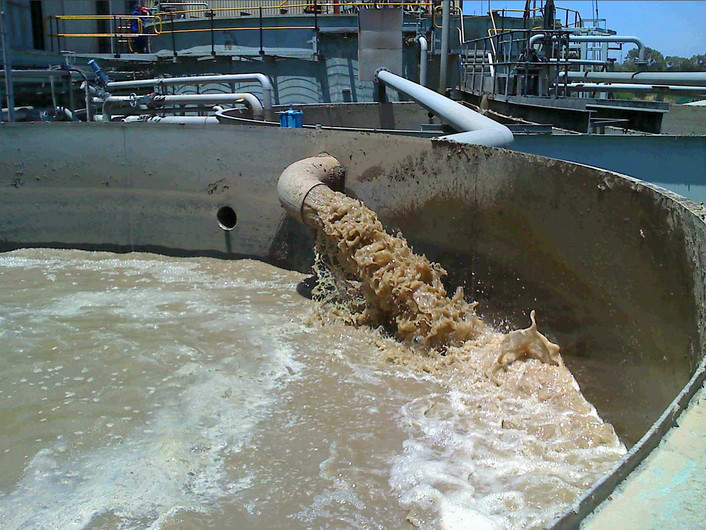
Back to top
Mining
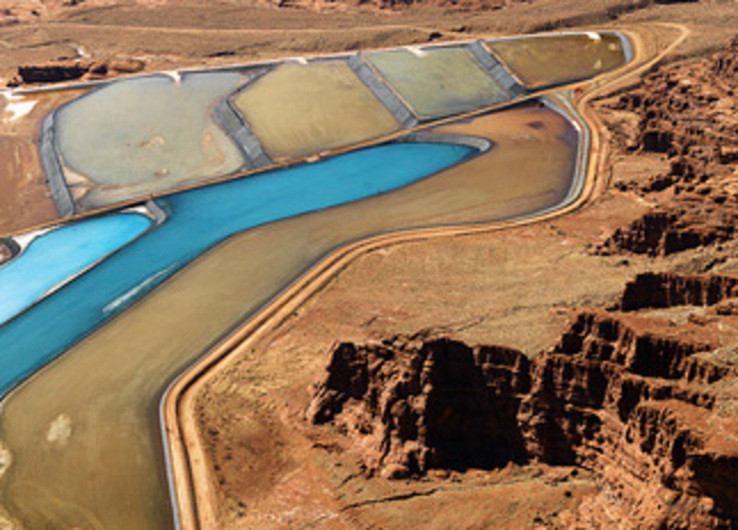
Back to top
Municipal Wastewater
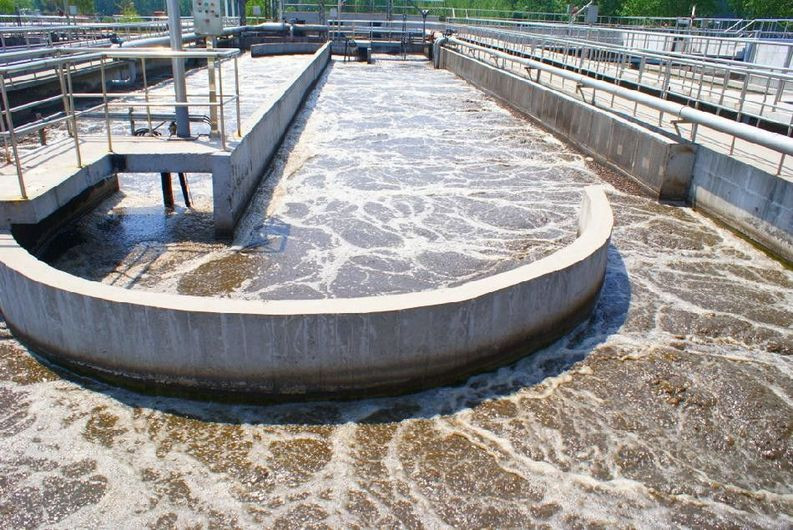
Back to top
Oil Fracking

Back to top
Palm Oil Mills
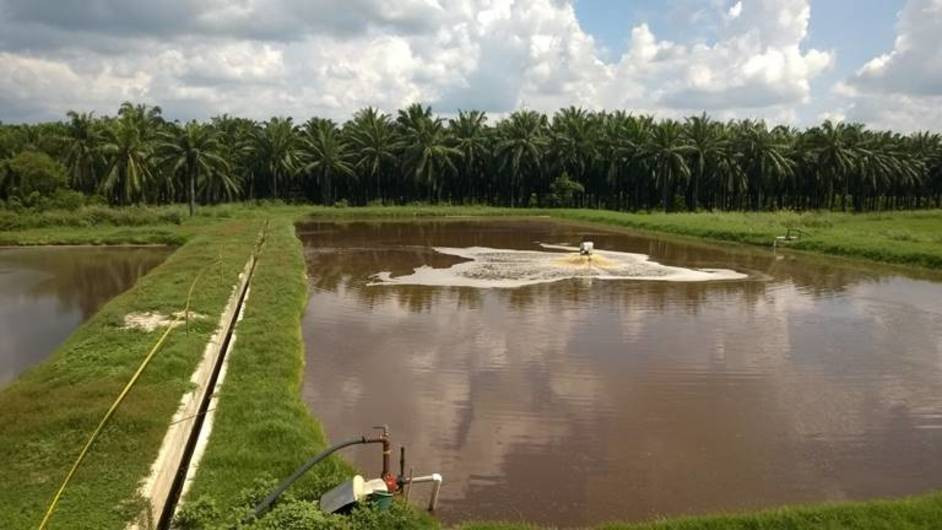
Back to top
Paper Mills
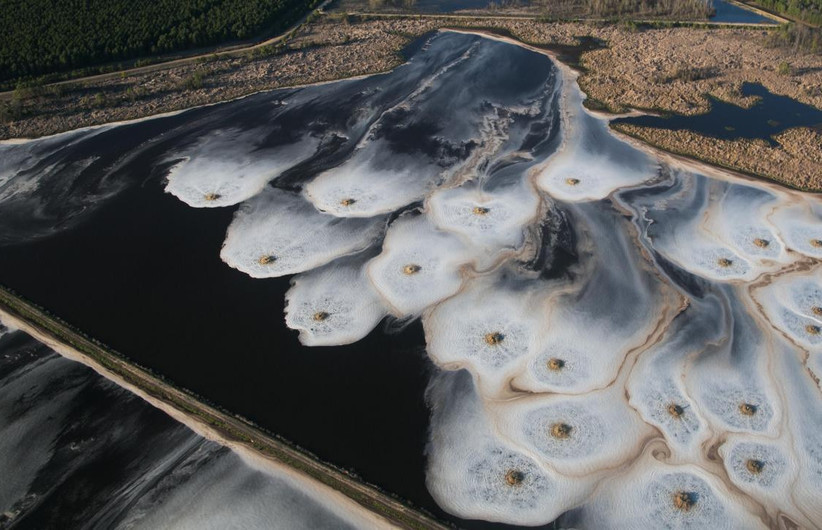
Back to top
Petroleum Refineries
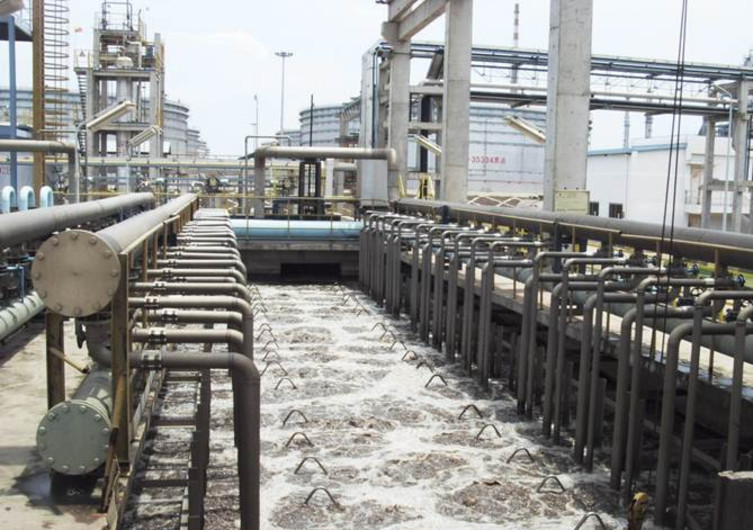
Back to top
Rubber Mills
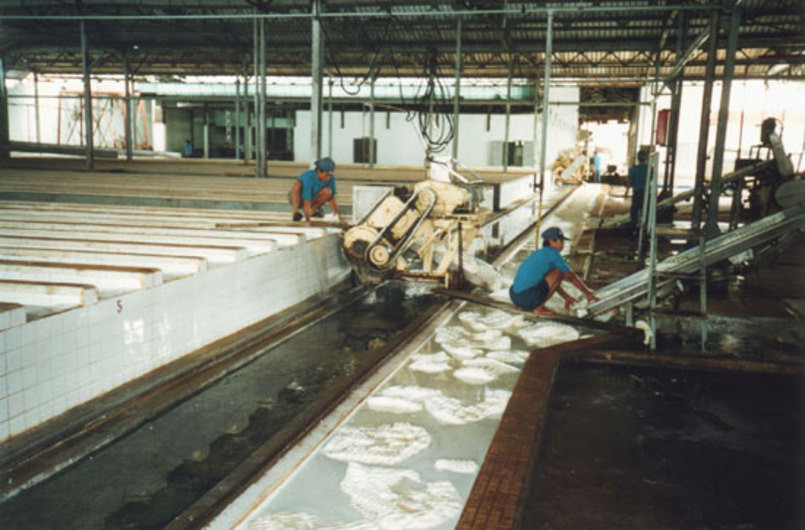
Back to top
Sugar Mills
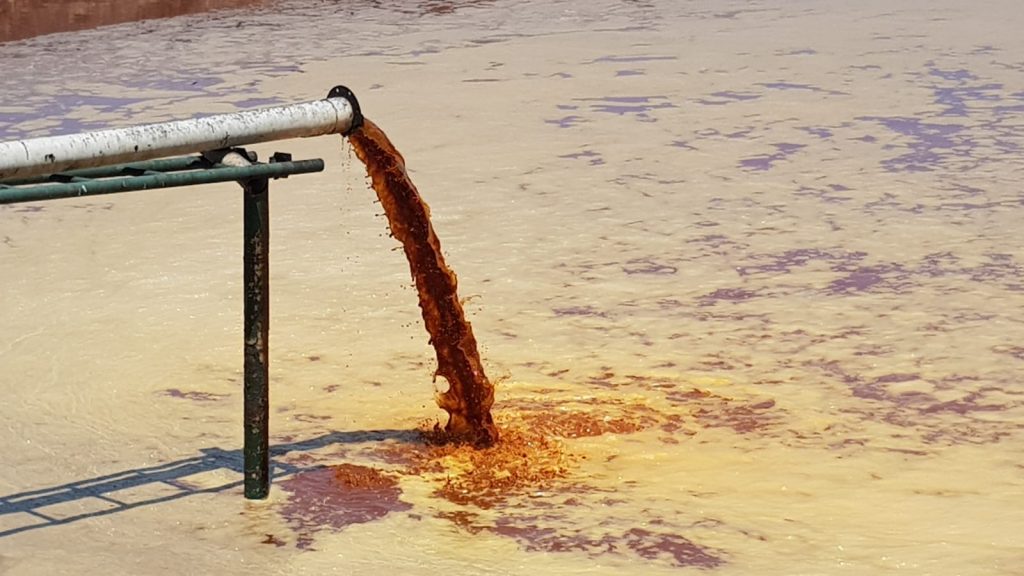
Back to top
Tanneries
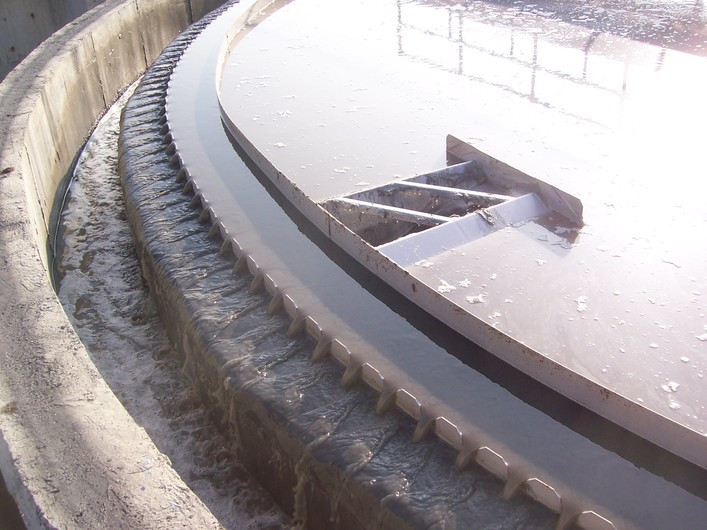
Back to top
Textile Mills
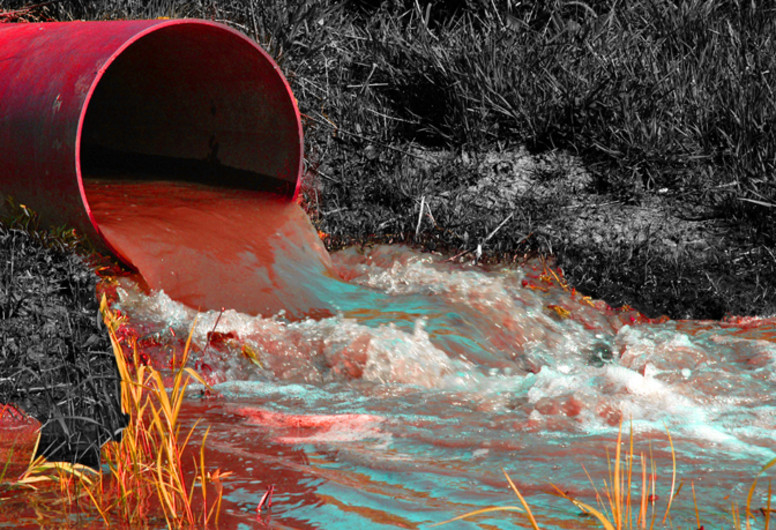
Back to top
Wineries
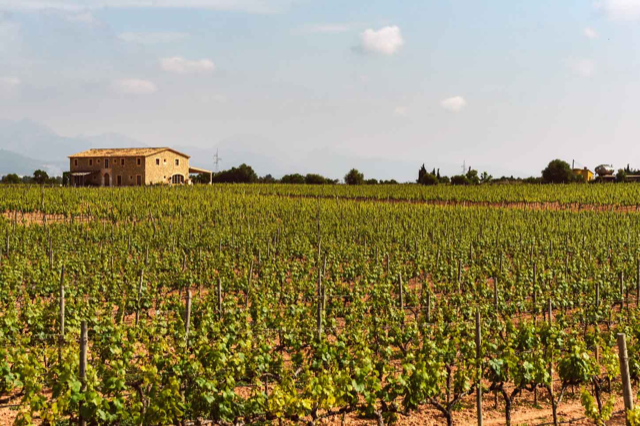
The effluents generated in this type of industry contain a high contaminant burden, thus meaning that they cannot be discharged without appropriate prior treatment.
Wine production also generates waste and a high volume of wastewater. Wine industry wastewater is mainly produced when cleaning the equipment and machinery that comes into contact with the raw materials or with the products used in the different processes (tanks, presses, reception hoppers, destemmers, pumps, tubing, filters, etc.), washing the fermentation tanks, barrels and bottles and the accidental spillages that occur during the numerous transfers performed as part of the wine-making process.
The management of winery wastewater is important to both business and environmental performance aspects of the wine industry, impacting on the sustainability of the facility. An appropriate approach to wastewater will potentially involve cleaner production, and re-use of properly treated effluent. Suitable wastewater treatment (i.e., treating winery wastewater to the standard required for discharge or recycling) will improve water use efficiency and reduce the risk of environmental impact. Water cycle management at wineries should be close to the heart of all good vignerons, although many wineries struggle with managing water usage and dealing with wastewater that can be quite difficult to treat.
SPECIFIC TO WINE
Biochemical Oxygen Demand (BOD)
BOD is the amount of oxygen required by aerobic organisms to carry out oxidative metabolism in water containing organic matter. As winery effluent can contain high levels of organic acids, sugars and alcohols from grapes and wine, they can have a high requirement for oxygen for biological decay, resulting in high BOD values. If water with high BOD values is used for irrigation, it can deplete the soil and soil micro-organisms of oxygen, reducing their capability to break down organic matter.
Electrical Conductivity (EC)
This is a measure of salinity in wastewater. High EC levels in effluent, if intended to be used for irrigation, can have a detrimental effect on plant growth by increasing the osmotic pressure in the soil, decreasing water availability to the plant.
sdpH
Winery wastewater can be quite acidic, so it should be monitored to ensure it is within a certain range to limit corrosion and fouling of pumping and irrigation systems. Prolonged use of acidic water for irrigation can affect the pH balance of the soil, requiring application of lime-based fertiliser.
Total Kjeldahl Nitrogen (TKN) & Phosphorous
If effluent is recycled, the nitrogen and phosphorous it contains can be utilised by plants. The concentration of these nutrients is important, as they can be toxic to plants in high amounts. Their relative concentrations should also be considered, as the balance of these nutrients in wastewater can affect the efficiency of biological treatment operations.
Total Dissolved Solids (TDS)
TDS is the concentration of dissolved anions and cations in the effluent. High levels can affect water uptake by crops as well as the nutrient balance in soils.
Total Suspended Solids (TSS)
High levels of solid organic matter present as suspended solids in effluent can make treatment operations more difficult and cause potential odor problems.
